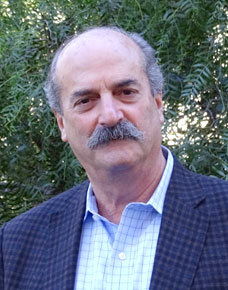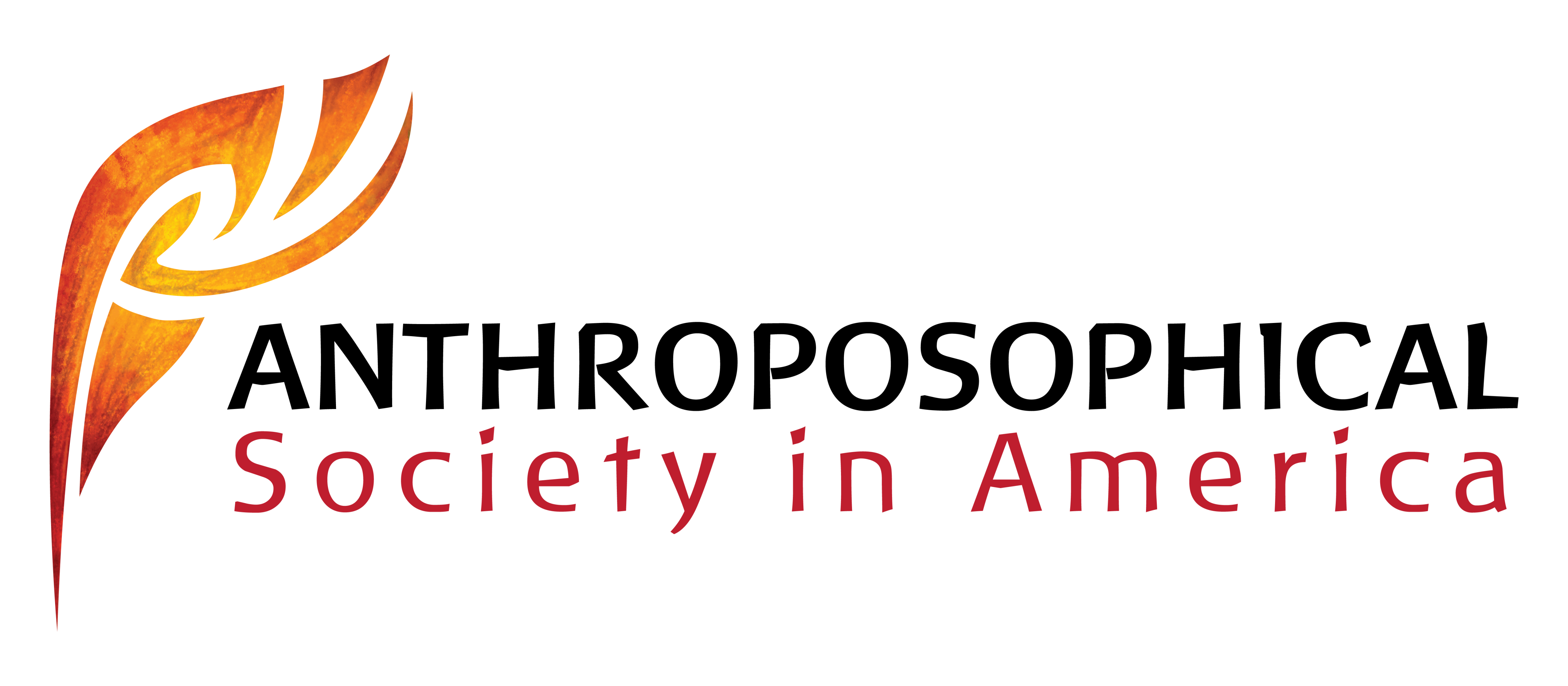From the General Secretary
April 19, 2021

Dear Members and Friends,
Last month we marked Rudolf Steiner’s crossing the threshold ninety-six years ago. He made so much possible during his lifetime, and also much that we have yet to fully understand, bring into practice, and reckon with. Noting Steiner’s death inspires a rising consciousness of the importance of working with others who have passed into the spiritual world and of cultivating our connection with those beings. They can serve as guides for each of us in support of understanding what lives today in Rudolf Steiner’s words as well as in the necessary friction of daily life as we experience the advent of spring.
Spring is an energizing time of year, a time of renewal in the natural world. Festivals celebrated during this time of year reflect the power of transformation, death, rebirth, and liberation of the spirit. Spring’s renewal also brings an opportunity to participate in reconsidering social consciousness for community and humanity. Our current shaky historical moment heavily conditions the terrain on which we tread. Those conditions are a challenge to striving for the sacred; and from this uncertain terrain we are asked to discern the path toward a shared future. From the perspective of the Anthroposophical Society, that future is deeply rooted in the past, and grounded in the Foundation Stone Meditation in the leading phrase of the fourth panel: “At the turning point of time.” That phrase is a direct reference to the profound significance of the Mystery of Golgotha. Yet, every time I work with the Meditation, I cannot help but feel that the present moment, too, is a turning point. How can an awareness of that powerful spiritual-historic deed of sacrifice shape our imaginations and actions as we ever-so-slowly step out of what has felt like a year of hibernation?
Though we know that sleep has its own significant consciousness, we can experience the world knocking ever more loudly on our doors, not only to see if we are awake, but also to ask what we might have to offer in meeting today’s challenges: climate change, economic and political division, racism, loneliness, and a kind of subtle but real sensory deprivation evidenced by rising rates of depression and suicide. How might we cultivate a more human-centered spirit that transcends old boundaries? Rudolf Steiner made it very clear that the gifts of anthroposophy were to be in practical service to the world as he came toward the close of the Meditation in the phrase “that good may become.” This is a call to action and reflection, a cultural and spiritual activism still needed as a healing impulse for our time.
With the onset of the pandemic, we prepared to be isolated or distanced. In the cities, the world went quiet enough for Nature to rule and for earth systems to experience a bit of respite from daily impact. Masks, the history of which has been about intrigue, the concealment of identity, and theatrical personae, instead became required as a consensual signal of personal and community health. Medical protocols were designed to isolate people and protect us from an invisible danger. Now we are preparing to step out of that reality, whether we have found it to be a comfort or a discomfort, a means of safety, or maybe of disempowerment. Will we return to old patterns even with all that became emphatically and painfully visible within those patterns over the year? Will we actually continue to recognize, unmask, and counter the consequences of how inequitably structured the social body is in the US?
Rudolf Steiner proposed a threefolding of social life as a remedy for the different but dire and inequitable conditions of central Europe early in the 20th century. What will it take, now in the early 21st century, in the context of US society today, to find a resonant and effective voice for this still relevant healing vision and practice? Put simply the practice is: equity and equality in rights, freedom for our spirits, and compassionate interdependence in economics. To suggest threefolding was an audacious if unfulfilled undertaking for Rudolf Steiner; now it rises as a hope and critical need one hundred years later if we are not to fall back into those old patterns. If there is a practical path to implementation, we will have to proceed with humility. We will need to find a language of shared understanding, and we will have to find and build trust with others.
Coming out of hibernation, we will have to relearn how to be in groups, to share our spaces with a consciousness changed by pandemic, politics, proxemics. The flat glowing world of screens will blossom into a luminous dimensionality which may at first feel like a sensory assault and at the same time bear a cooling shower of social questions. How do we want to be as we re-enter workspaces and social spaces and reconnect across relationships intimate, casual, and antipathetic alike? Will we let go our bubbles, or, if we have been on the frontlines under stressful circumstances, will we be met by a new-found appreciation from those returning to our spaces by choice?
Re-entry will be an ongoing opportunity to forge new agreements. We cannot stand for equality in the sphere of rights and laws as Rudolf Steiner indicated in his threefold commonwealth until we work to undo the inequity of access to capital, natural resources, livelihoods, and civic participation. In a year of monastic life and family bubbles with all their attendant challenges, disparity and despair have become unavoidably visible. I, like others, have wrestled with the question of responsibility for being part of the system that has perpetuated these conditions, knowing that we each have to determine for ourselves, out of freedom, what to do in reimagining that responsibility. And, further, I am sure there are actions we can take as anthroposophical organizations to recognize the diversity of views within and across the organizations, respect spiritual freedom and dignity, and actively undertake what it means to step into a truly inclusive threefold future.
Individuality and destiny are core precepts and serve as a foundation for looking into how the past has formed us, and what we can let go of to meet the future. Doing nothing is not an option. Determining right action and what is wanted and welcomed has already been a rocky and messy path—and a remembrance of how human we are despite our best efforts. How do we overcome the tenacious attitude of self-interest so cultivated and sometimes even celebrated in our times? We are facing very powerful anti-social forces, and we need each other in recognizing the moral realm in which resides justice, that which is human, equitable, and altruistic in the light of the Spirit. Tough questions, tough challenge, compelling work.
The value of sacrifice, what is given up in order for the new to be born, is deeply in the wisdom of those who have crossed the threshold. We can benefit from their guidance now more than ever. Without that guidance we risk being increasingly tethered to the things of the material world, while we may just miss seeing the beauty in each other and the spaces that connect us. We have intensive work ahead of us to bring threefolding to fruition so that beauty and the shared space we call social life honor the wisdom of spiritual guidance.
John Bloom
General Secretary

Very inspiring!